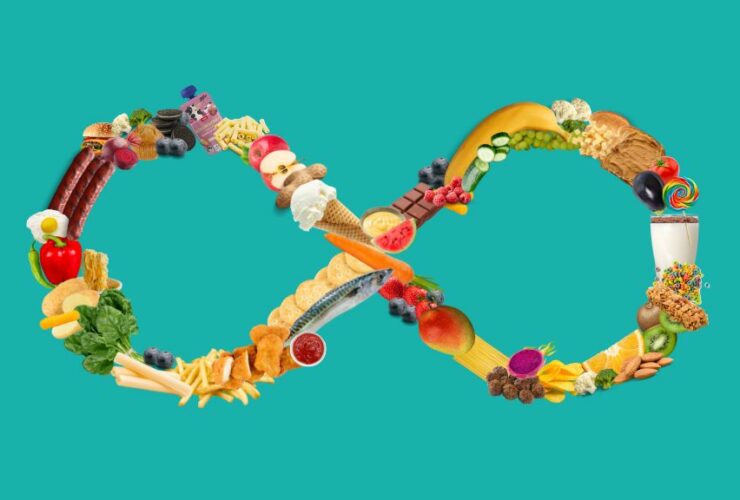Empowering Recovery: Nurturing Clients Towards a Healthier Relationship with Food
As a nutritionist or dietitian, mastering the art of sitting with discomfort and acknowledging this as part of the process is pivotal. Regardless of why a client seeks your help, the temptation to rush in and solve issues can be strong. Yet, amidst this pressure, it’s crucial to consider what you’re defining as a successful outcome, and the timeline of said outcome. Sometimes, the mere act of seeking support amid chaos is a triumph for clients, or the realization of previously unconscious thoughts is a huge victory, and we need to acknowledge the power of such wins.
Acknowledging and navigating discomfort holds paramount importance in nutrition counseling, especially when supporting someone with disordered eating, a Clinically-Diagnosed Eating Disorder, trauma or other mental health issues. These issues affect individuals diversely and hence requires a carefully considered approach to support the well-being of both clinician and client. At the core of how we practice, we must ensure we abide by the principle of “do no harm”. For many people it means sitting still, being truly present and understanding your client entirely, as we must acknowledge that rushing to “fix” or move through issues quickly can sometimes leave people feeling unheard or dismissed.
In the journey towards fostering a healthier relationship with food, discomfort often emerges unavoidably. Rather than avoiding it, the focus lies in compassionately guiding clients to notice unhelpful thoughts and behaviors. The goal is to empower individuals to acknowledge, explore, and learn from counterproductive feelings and thoughts.
By exercising patience and holding space, we can guide clients towards healing and a healthier relationship with food. Discomfort, rather than a sign of failure, presents an opportunity for both clinicians and clients to further understand and grow.
🌟 Elevate your expertise with our Compeat Academy course designed specifically for managing disordered eating and eating disorders in the general population. Gain mastery in early identification, navigate sensitive conversations, and deepen your understanding with the RAVES framework. Join our supportive community and embark on a dynamic learning journey today!



